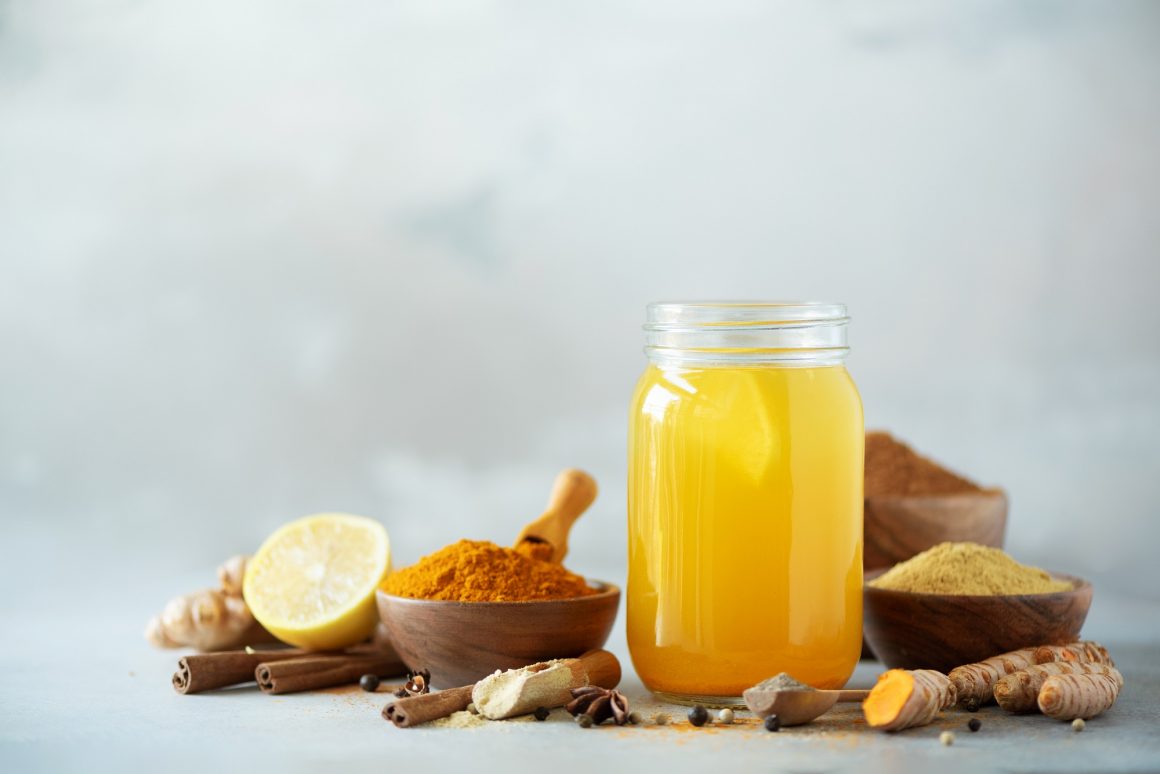The use of spices and herbs as medicine has been common throughout history. A stroll through the supplement’s aisle at your local health foods store tells you all you need to know about the perceived health properties of many herbs, but did you know that some of those spices and herbs can have a positive impact on brain health?
For most people, the role of spices and herbs is to season their food and improve the taste. But they have the power to do more than that, supporting everything from healthy sexual function to decreasing inflammation and improving circulation. Here are 6 spices and herbs you should add to your diet or consider taking as a supplement as a way of supporting brain health.
1. Turmeric
Famous for its anti-inflammatory effects, turmeric is a commonly used spice in foods from Southern Asia and the Middle East. It contains the antioxidant curcumin which gives it anti-inflammatory properties and is thus, good for brain health. Preliminary research suggests that turmeric may help fight the development of Alzheimer’s disease by clearing the brain of beta-amyloid proteins that form plaques found in the brains of Alzheimer’s patients. It may also prevent the breakdown of nerve cells within the brain.

2. Lemon Balm
Some studies have shown that lemon balm may help relieve anxiety or stress and improve cognitive function. It contains rosmarinic acid, a compound also known to improve sleep quality for those with insomnia. Given the role of sleep in brain health, this has researchers intrigued.
A separate study published in The Journal of Neurology, Neurosurgery and Psychiatry found that a four month treatment program using lemon balm helped improve brain health in patients with mild to moderate Alzheimer’s disease. You can drink lemon balm as a tea, buy it as a supplement or integrate it into your cooking. It’s also good for cholesterol, indigestion, cold sores and gastrointestinal problems.
3. Sage
While more research is needed, sage shows potential in helping improve memory function, particularly among those suffering from Alzheimer’s disease. One of the typical symptoms of Alzheimer’s is a dropping levels of acetylcholine, a chemical messenger in the brain. Sage prevents the breakdown of acetylcholine.

4. Cinnamon
This commonly used spice is nice with coffee or dessert, but it also boasts powerful antioxidants that helps you fight off bacteria, reduce inflammation and increase your alertness. According to an animal study published in Nutritional Neuroscience , an extract made from cinnamon helped prevent cognitive impairment and brain damage associated with oxidative stress in lab rats.
5. Ginger
Recognized for its anti-inflammatory properties and its ability to treat nausea as well as act as a pain reliever, ginger has also been shown to counter the activity of free radicals and protect brain cells from deterioration. A study from 2012 that examined healthy middle aged females revealed that a daily dose of 800 mg of ginger extract helped improve working memory and attention.
6. Black Pepper
One of the most commonly purchased and consumed spices in the world, black pepper not only helps increase absorption of some of the previously mentioned supplements, such as turmeric, it also has positive effects for your brain on its own. It’s been shown that the alkaloid piperine, the main component in black pepper, helps improve cognitive function and diminishes symptoms of depression.
